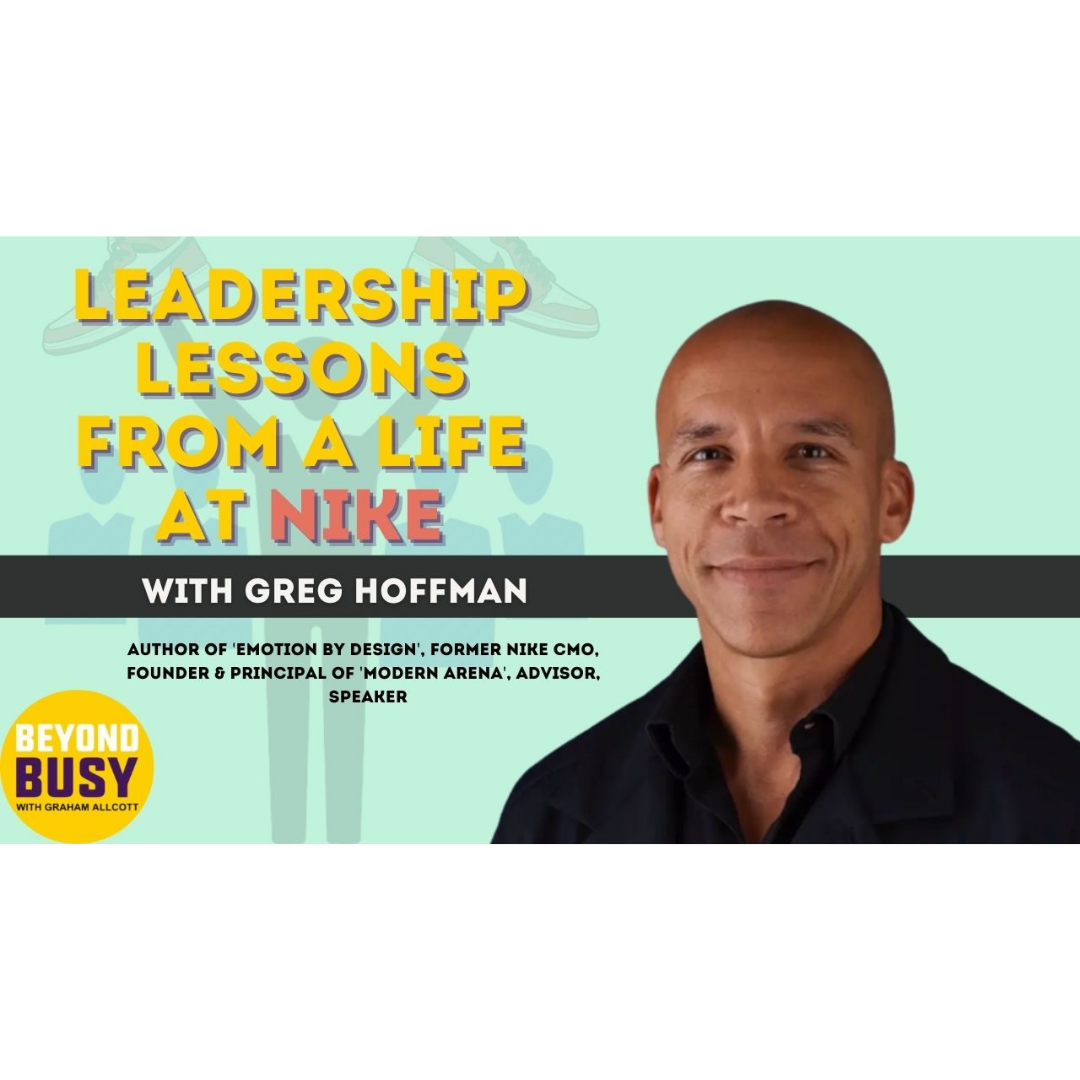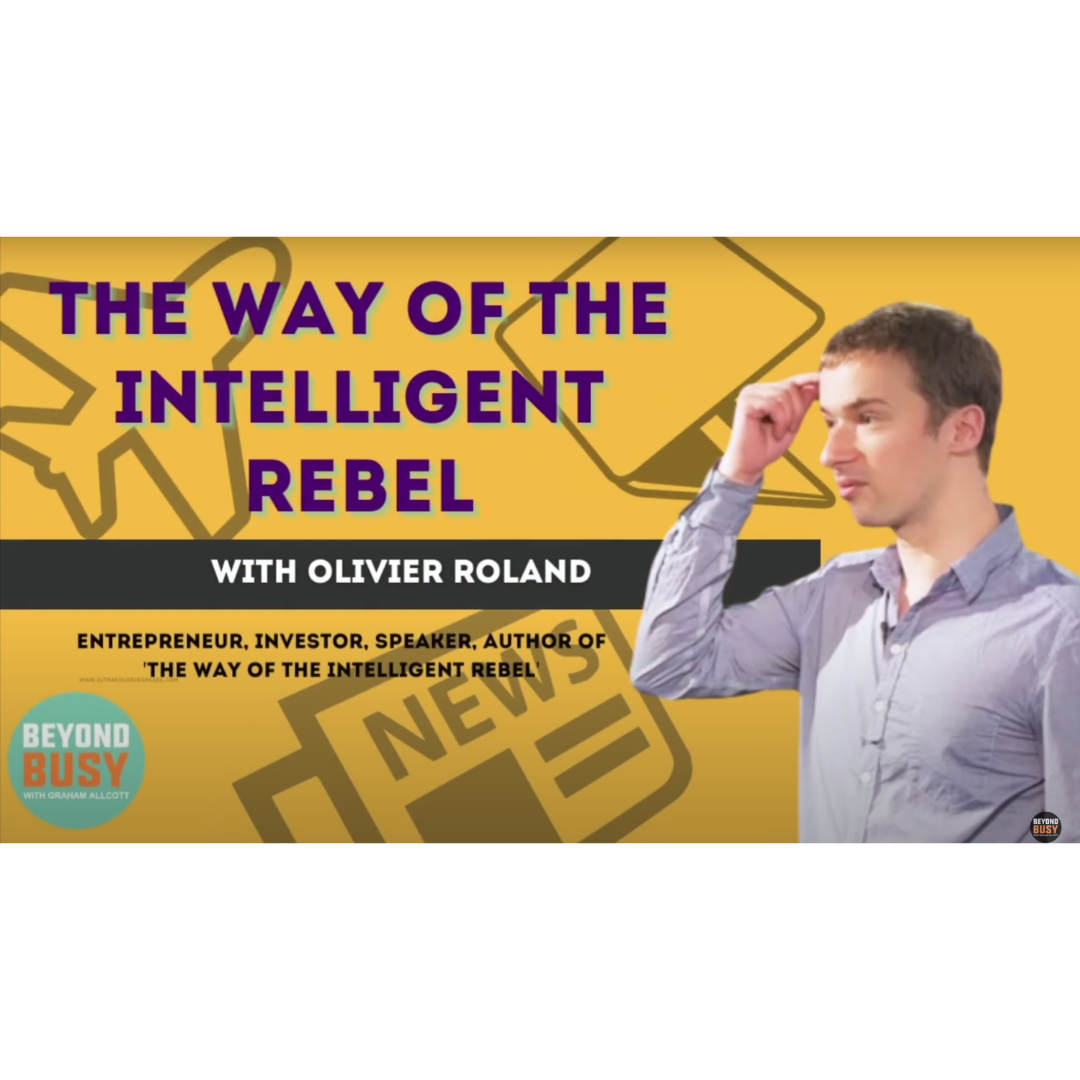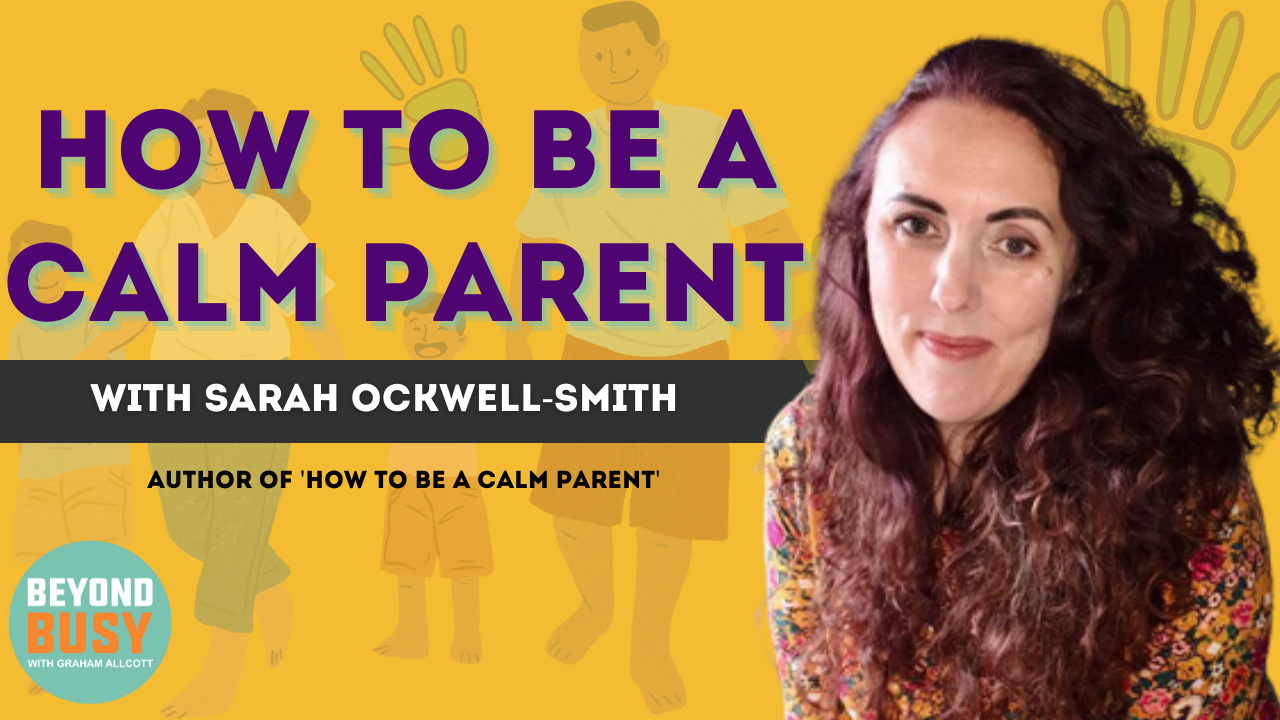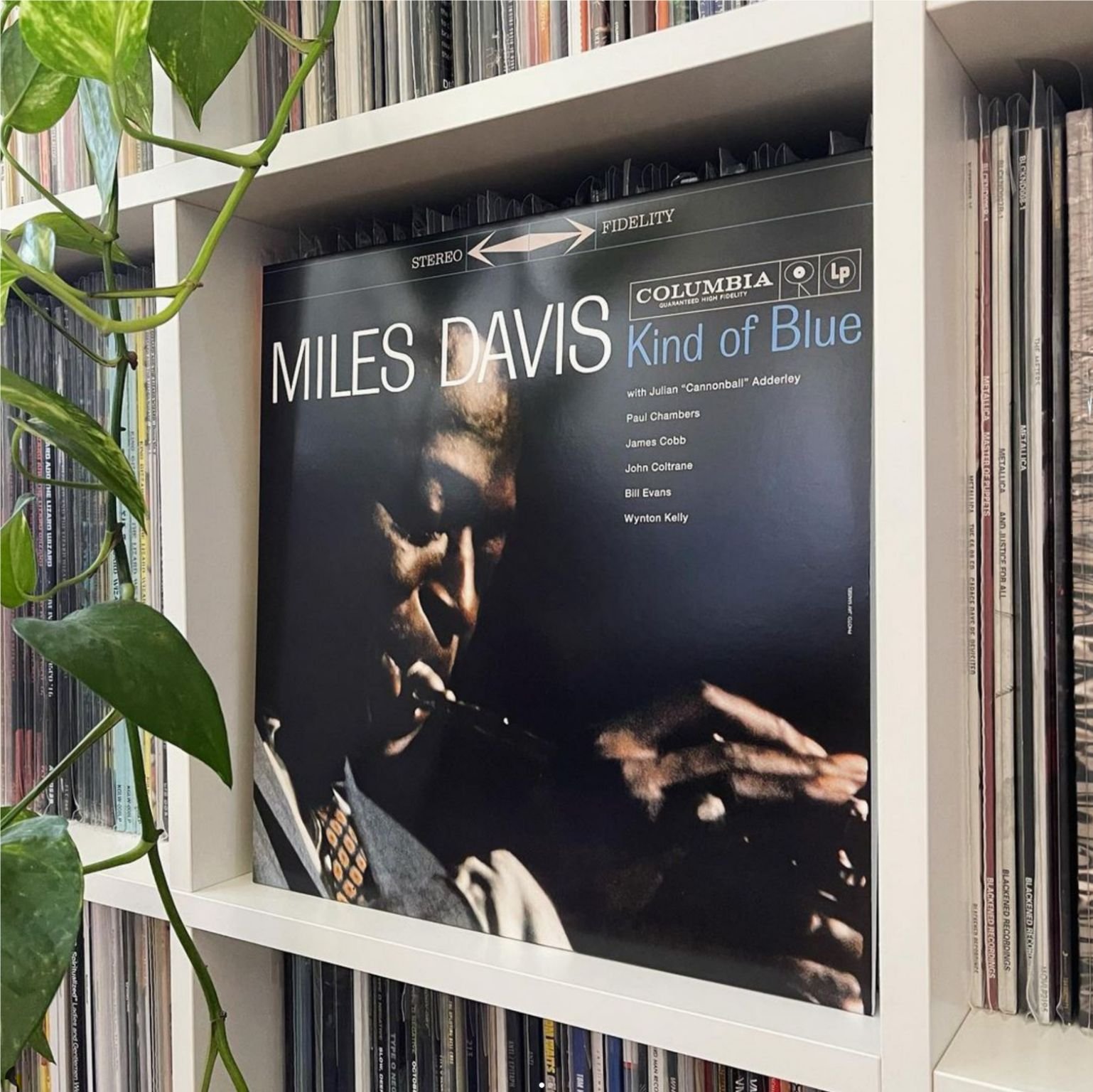
Blog

Messy humans and the benefit of the doubt
One of the characteristics in How to be a Productivity Ninja is "Human, not superhero". The idea is that Productivity Ninjas seem like they have some kind of special power, but they're always still just human beings with good tools, good habits and good thinking. Embracing the idea that we do our best work in spite of ourselves, not because of ourselves, is important and liberating. It allows us to remove perfection from the equation, and hence celebrate the 99% that goes well rather than dwelling on the 1% that goes wrong.
I think that there's a real humanness to our imperfections. The bumpy and imperfect parts of us are what gives life its' flavour and challenge. Nuance and curiosity are, in my opinion, vital components of our progress as a species. But for a while I've felt that these qualities and idea of giving someone the benefit of the doubt have been lacking from our culture, particularly online. Dialogue, kindness and ideas are often abandoned in favour of identity and the quest to prove we're "right".

The Art and Science of Creating Good Luck with Dr Christian Busch
Graham Allcott 0:06
My guest today is Dr. Christian Busch. Christian is the director of the global economy programme at NYU, and a former director of the LSCs Centre for innovation. He advises companies all over the world on how to foster creativity, innovation, and luck. He's also the author of connects the dots, the art and science of creating good luck. So if you want to know how to get luckier in your career, this episode is for you. And we also talk about biases, curiosity, productivity, and much more. This is Dr. Christian Bush.
I'm with Dr. Christian Bush, how are you doing? Good, thank you. Great to be here. And I think I can hear Washington Square Park in the background in Manhattan. Is that right?
Dr Christian Busch 1:34
Yes, and most likely a squeaky baby, we just had a newborn.

The Secret Life of Clutter with Helen Sanderson
My guest today is Helen Sanderson. Helen is a professional organiser, and the creator of the home declutter kit. She's also the author of The Secret Life of clutter. And so, in this episode, we talk about our relationship with our stuff, the parallels between decluttering and productivity, and why it's important to get clarity in everything we do. There's a real emotional depth to the book, I really love reading it. And I hope you're going to enjoy the episode just as much. This is Helen Sanderson. How are you doing?
Helen Sanderson 1:22
I'm doing great. lovely to be here.
Graham Allcott 1:25
So welcome to Beyond Busy. And we're going to talk about your book, The Secret Life of clutter. And what's nice, if you're watching this on YouTube, you'll see Helen has a beautiful space. Just behind you there, Helen, which is like obviously just not a surprise, just meeting you. But I really enjoyed the book, The Secret Life of clutter. And I wanted to start with something that you say, which is clutter is decisions that haven't been made. So my first question is, why are people not making those decisions?
Helen Sanderson 2:01
I think we all have decision fatigue. I mean, do you remember when you used to go for a coffee, and you just get a coffee, and now it's you want a flat white or a cappuccino or an espresso or, you know, it's like, that's just one micro-moment where you're, you know, bombarded with decisions. And, you know, we have, we have busy full lives, we're also bombarded by social media, by marketing by choices. And, and I think that I think quite a lot of people run away to their home to try and get away from, you know, decision fatigue, but now it's on your computer.

Leadership Lessons from a Life at NIKE with Greg Hoffman
My guest today is Greg Hoffman, Greg spent many years in one of the coolest jobs in the world as Chief Marketing Officer for Nike. He's also the author of a new book about his experiences in Emotion by Design. In this episode, we talked about some of the marketing campaigns that took Nike to another level, the importance of emotion and empathy in business, and why diversity increases productivity. And at the end, he shares a bit about finding his birth parents just last year. This is Greg Hoffman. So Greg Hoffman, welcome to Beyond Busy. How are you?
Greg Hoffman 1:25
I'm doing well. Thanks. Thanks for having me. It's a pleasure.
Graham Allcott 1:29
And we were just talking off air that you're, I'm catching you the day before your business, launch your book launches in the US and then obviously, is going to launch in the UK shortly after that. So I guess you are pretty busy right now.
Greg Hoffman 1:43
That's right. But it's a good kind of busy, right. So keeps you energised, and I couldn't be more happy to share these thoughts and this methodology with the world.

10 reasons to be less busy
Our society puts "busy" on a pedestal. It's a badge of honour, and it's easy to see why. When you're freelance, if you're busy it means you're making money. When you're working in a large organisation, being busy means you're trusted or important. When you're in a small organisation, being busy means you're growing. Busy is good, right?
Busy can be fun. It can be addictive. It can lead to good things. But it's not the same as being productive. The old saying is "if you want something done, ask a busy person", but I'd add that it you want something done efficiently or with quality, then ask someone who is calm, focused and is good at saying "no".
So let's stop being busy. And let's stop the glorification of busy, too. We need recognise what it really is - an inability to relax, an addiction to flattery or excitement, and an inability to make choices that make space for what matters.

The way of the Intelligent Rebel with Olivier Roland
Graham Allcott 0:06
My guest today is Olivier Roland. Olivier is a French blogger and entrepreneur and the author of the way of the intelligent rebel. The book has been a runaway hit in France. And now the new English language translation brings his ideas to a wider audience. So in this episode, we get geeky around learning how to develop your willpower, productivity and designing a lifestyle to get you beyond busy and change your relationship with the news.
This is Olivier Roland. Did I say that right? Yeah, absolutely. Cool. So welcome to be on Beyond Busy. And we're going to talk about your book The Way of the intelligent rebel. So where are you? Where are you? Where are you in the world right now? Let's start with where you're at.
Olivier Roland 1:33
So right now I'm in Paris, and I will take my flight back to Dubai, where I live tomorrow.
Graham Allcott 1:39
Okay, and I read somewhere that you you travel about six months of the year, is that right?

Full Out with Monica Aldama
My guest today is Monica Aldama. Monica is the star of the hit Netflix show cheer, which I'm sure you've heard people you know, raving about. She's the multi championship winning cheerleading coach for Navarro College in Corsicana, Texas. And she's now put some of her brilliant leadership mantras from the series into a really wise and interesting leadership book. So in this episode, I talked to Monica about what it's been like to suddenly find herself as the centre of attention. We talked about her book fall out, as well as family, humility, and more. And there's loads in here that I think will help you to instil a winning mentality in whatever it is that you're doing. It's coach Monica, this is Monica. With Monica Aldama, how are you doing?
Monica Aldama 1:35
I'm doing great. How are you?

Ethical Business with Dave Linton
My guest today is Dave Linton. Dave is a former youth worker turned entrepreneur, and is the founder of Mad log. Dave started mad log in 2015, with less than 500 quid, and the company has won hearts and wallets with its cool backpacks and luggage. Each product sold allows the company to donate a similar item to a young person in the foster care system. And in this episode, Dave explains why it's so important for kids in care to receive these bags. We talk about kindness, leadership, meeting Richard Branson, and much more. It's an inspiring one this week. This is Dave Linton. Dave Linton, welcome to Beyond Busy - how are you doing?

How to be a Calm Parent with Sarah Ockwell-Smith
My guest today is Sarah Ockwell Smith. Sarah is one of the world's leading parenting experts having written 13 books and sold half a million copies. Her philosophy of gentle parenting is hugely influential in the motherhood WhatsApp groups of Great Britain and her latest book, How to be a Calm Parent has as much to tell us about how to look after ourselves as it does, how to look after our kids. In this episode, we talk about how to be calm self kindness, that peaceful pentagon and why being a busy parent isn't actually something to be proud of. This is Sarah Smith. There we go. We're rolling on with Sarah Smith. How are you?

When we're not proactive
When I've been coaching people in productivity, one of the most common aspirations I hear is "I want to be more proactive and less reactive". It's a noble ideal, but also a misunderstood one.
Of course, being proactive, and having a sense of deliberate control over what we do, is powerful. And of course, it far outweighs being stuck on the 'busy treadmill', reacting to whatsapps and slacks and emails and ideas.
The problem is that you can't just choose. Because proactive isn't free.
Reactive is free: sit back and let the world come at you. Pick the stuff that shouts loudest in front of your face. Rinse and repeat. Let the ensuing panic drive a messy version of stressed-out, sub-optimal productivity. In theory, you even have an extra hour or two in your week to be on that busy treadmill, because reactive negates the need for much planning and thinking. Just put the coffee on and strap in. What could be easier?!

Man Down with Matt Rudd
Graham Allcott 0:07
My guest today is Matt Rudd. Matt is a writer and columnist and deputy editor of The Sunday Times magazine. He's also the author of several books, his latest being ‘Man Down: why men are unhappy and what we can do about it’. So in this episode, we talked about mental health, shared parental leave, and taking paternity leave more seriously, we talked about the trap of busyness and why you're better off with a bronze medal than a silver one and much more. The book is entertaining and thoughtful, just as you'll find. So let's get into it. This is Matt Rudd. So I'm with Matt. Rose, how're you doing?
Matt Rudd 1:22
I'm very well, thanks. I'm looking forward to this. I'm going to be I want to be a ninja by the end of it. You're the master and I'll be the apprentice for this conversation.

Kind of Blue
Miles Davis was a visionary - perhaps the greatest jazz musician of them all. On March 2nd 1959, Miles walked into Columbia's 30th Street Studio in New York City with his bandmates, and in just seven hours of recording they created Kind of Blue, regarded by many critics as the greatest jazz album of all time, and one of the most influential albums ever made.
Seven hours. That's all it took. Just like the time you have tomorrow, in between when you clock in and clock out. It's the opportunity you have every day this week. Seven hours is all it takes to create a masterpiece.
OK, it helped that before he started, he had some brilliant musical ideas and a tracklist. It helped that he had a band around him that included greats like John Coltrane and Cannonball Adderley, and that he'd spent years learning from some of the greats that went before him. And it certainly helped that he was in one of the best environments for recording in the world.

Design Matters with Debbie Millman
Graham Allcott 0:07
My guest today is Debbie Millman. Debbie was described by Fast Company as one of the most creative people working in business, and she's the founder of the hugely influential Design Matters podcast. From 1995 to 2016, Debbie worked in leadership roles for Sterling Brands, leading influential projects for the likes of Burger King, Star Wars 7up and Campbell Soup. A new book, Why design matters, taps into the brains of Tim Ferriss, Brene Brown, Esther Perel, and Malcolm Gladwell, amongst many others, and explores what it means to be creative and innovative, in work, and in life. In this episode, we talk about her pioneering work, who owns your logos, how to deal with internet pylons, and much more. This is Debbie Millman.
So I'm with Debbie Millman. How are you?
Debbie Millman 1:31
Hey, Graham, I'm good. It's really nice to be here with you.
Graham Allcott 1:35
It was just really great to have you on the show. And so we're going to talk a bit about your book, Why design matters. And I thought maybe the best place to start would be to mention the fact that I am talking to one of the Oh, geez of podcasting, right, like you like a legend in podcasting. So let's start with that, because that's pretty central to the book, too. So the podcast is Design Matters. And you started your podcast in 2005.

"Wait, where was I?.... What was I doing again?"
I'm often asked when I'm writing books, what are my favourite 'writing hacks'. I find this hilarious, as writing is about as 'un-hacky' as any activity can be - there are certainly some good practices, but there are few shortcuts, and it's mostly a long slog that requires a lot of patience and even a touch of masochism.
But there is one trick I learnt, that I think we can apply it to productivity as a whole. It solves the problem of 're-entry' to any knowledge-based task - the bit where we are trying to get back in the groove after a break or interruption and we give ourselves the self-talk of "ok, so... where was I? wait... I was talking about this... that goes there..." and so on.
It's a simple trick. I can't remember where I got it from, but when I started using it a few years ago, I regretted not learning it about 3 books earlier. Here it is.

Deep Purpose with Ranjay Gulati
My guest today is Ranjay Gulati. Ranjay is a professor at Harvard Business School and the author of Deep Purpose: The Heart and Soul of High Performing Companies. In this episode, we talk about how to harness a sense of purpose to create a great team, the power of good storytelling, and Randy offers some leadership lessons from the Seattle Seahawks NFL team and Howard Schultz at Starbucks and stay tuned at the end for a great story about Rand Jay's mum as well. This is Ranjay Gulati.
Grande Welcome to Beyond Busy from a very cold, Massachusetts.
Ranjay Gulati 1:27
Thank you, Graham, my pleasure to be here with you. Today,
Graham Allcott 1:29
we're gonna talk about your new book, which has deep purpose. And your background as a professor at Harvard, Harvard Business School. I guess that brings you into contact with a lot of different organisations of all different shapes and sizes. Tell Tell me just first of all, when we think about purpose, and what's been going on over the last couple of years of COVID, do you think that there's been more of a focus from people on the idea of purpose and people wanting to have a sense of purpose individually? And also, corporately? Well,

Using Design to Solve Your Problems with Sarah Stein Greenberg
My guest today is Sarah Stein Greenberg. Sarah is the executive director of the Hasso Plattner Institute of Design at Stanford University, better known as d.school. And she's built her career on helping companies unlock innovation and creativity. She's also the author of a new book, Creative Acts for Curious People. In this episode, we talk about how boredom helps you to be creative, the questions to ask instead of making small talk, how design can help you reframe your problems, way to develop empathy, and much more. It's a book chock full of takeaways, and the conversation is to this is Sarah Stein Greenberg.
So I'm with Sarah Stein Greenberg. How are you?
Sarah Stein Greenberg 1:30
I'm great, Graham, it's so nice to be here.

Mistakes and the opportunity for growth
There’s a difference between mistakes and negligence. Negligence is where the proper care has not been taken. In cases where negligence puts people or assets at risk, or when behaviour is knowingly wide of the expected standards, then this is clearly a serious issue that needs acting upon.
Mistakes, on the other hand, are where someone has take their best guess, or tried something, and it turned out to be misguided or wrong. Mistakes don’t lack care, they just lack the right data or judgement. We all make mistakes. Mistakes are part and parcel of work.

Mental Health at Work, with James Routledge
My guest today is James Routledge. James is a mental health advocate and author of the book Mental Health at Work. After burning out 24, when his first business failed, he founded Sanctus, who are on a mission to help companies invest in the mental health of their employees.
In this episode, James talks openly about his experiences, we cover some of the myths of mental health, how to manage boundaries, and how to question some of the conventional narratives on mental health. It's a really important conversation. This is James Routledge.

But are you really listening?
This week I've been doing a lot of research and writing about what it means to be a kind listener. I've been reading psychology papers, talking to some folks, noticing my own thought processes when in conversation, and just generally being hyper-aware of the whole concept of listening.
It's funny, isn't it? We all do it every day. We occasionally give it some thought - such as you're doing as you read this right now - but for the most part it's a skill that we take for granted, and an improvement opportunity that many overlook. Perhaps like driving, everyone thinks they're a better than average listener. As is the case with driving, that can't actually be true, can it?

The best Productivity Books: Top 5
Here are the Top 5 productivity books that have really changed my life.